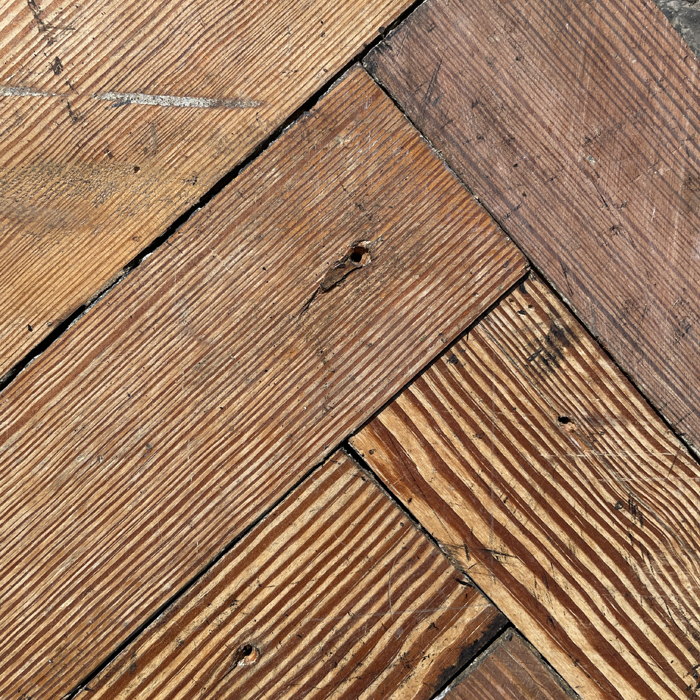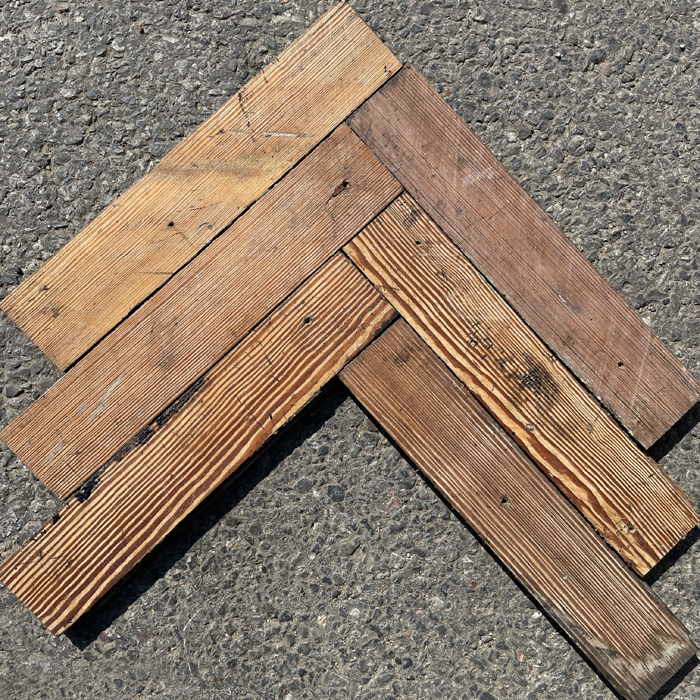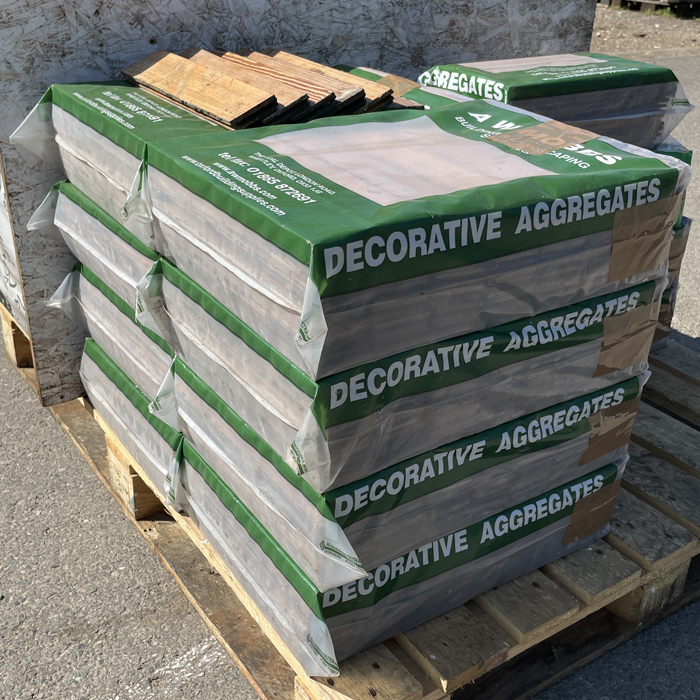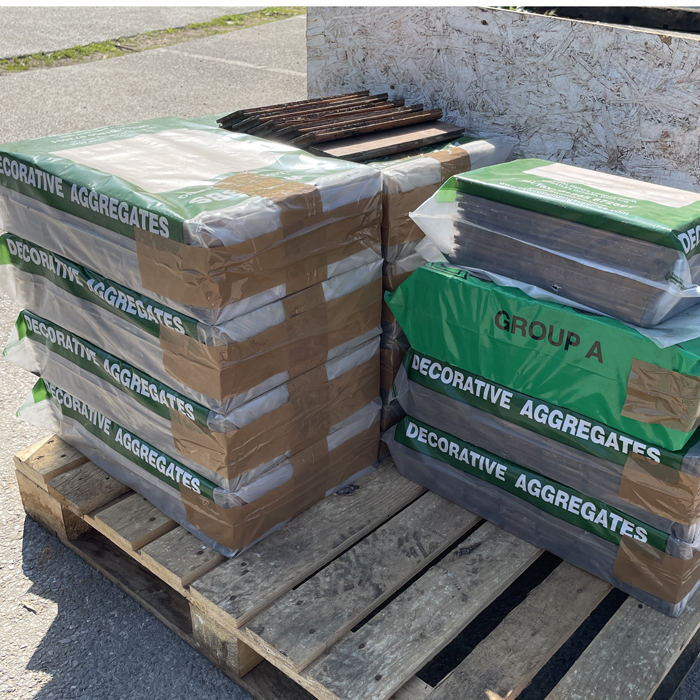11.5sqm Reclaimed English Long Pitch Pine Parquet Block
rectangular parquet blocks, tongue and grooved,
£750 incl. VAT the batch
In stock
Hard wearing resinous pine and Douglas fir were used in the Victorian and Edwardian periods to cover large open spaces in civic, domestic or commercial premises. Reclaimed parquet comes to you graded, sorted and bagged: 1sqm per bag. The blocks are tongue-and-grooved – some tongues will be lacking. Usually laid as herringbone but other styles such as Dutch-bond (brick-wise) can look great – run the field under the skirting for a more expansive feel or run a border with the same blocks.
The grain itself is straight, with distinctive dark veins running through.
These blocks are reclaimed and have a light layer of bitumen on their underside. These are usually re-laid without removing the bitumen – today’s adhesives stick the old to your sub-floor but this does mean it can not be combined with underfloor heating.




